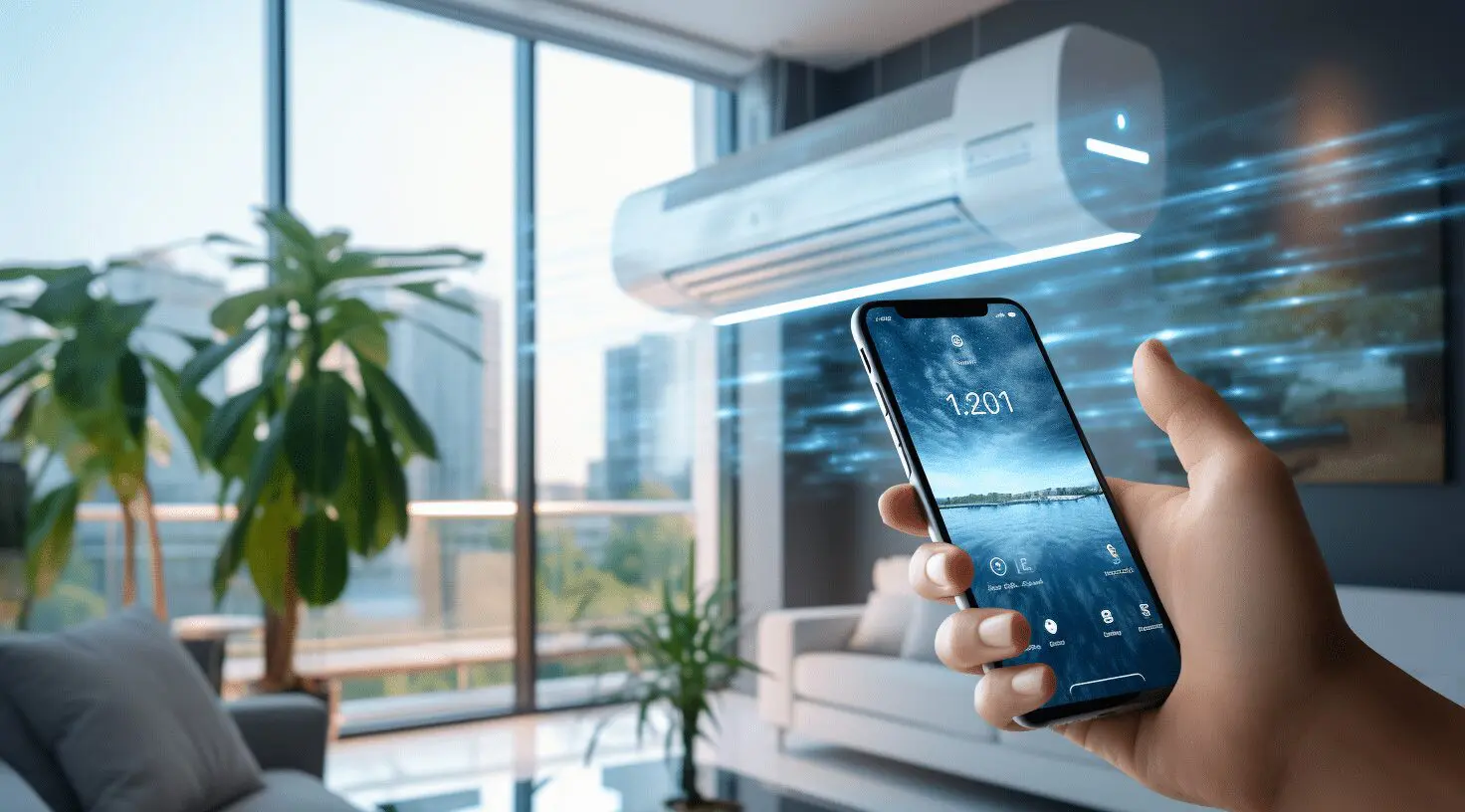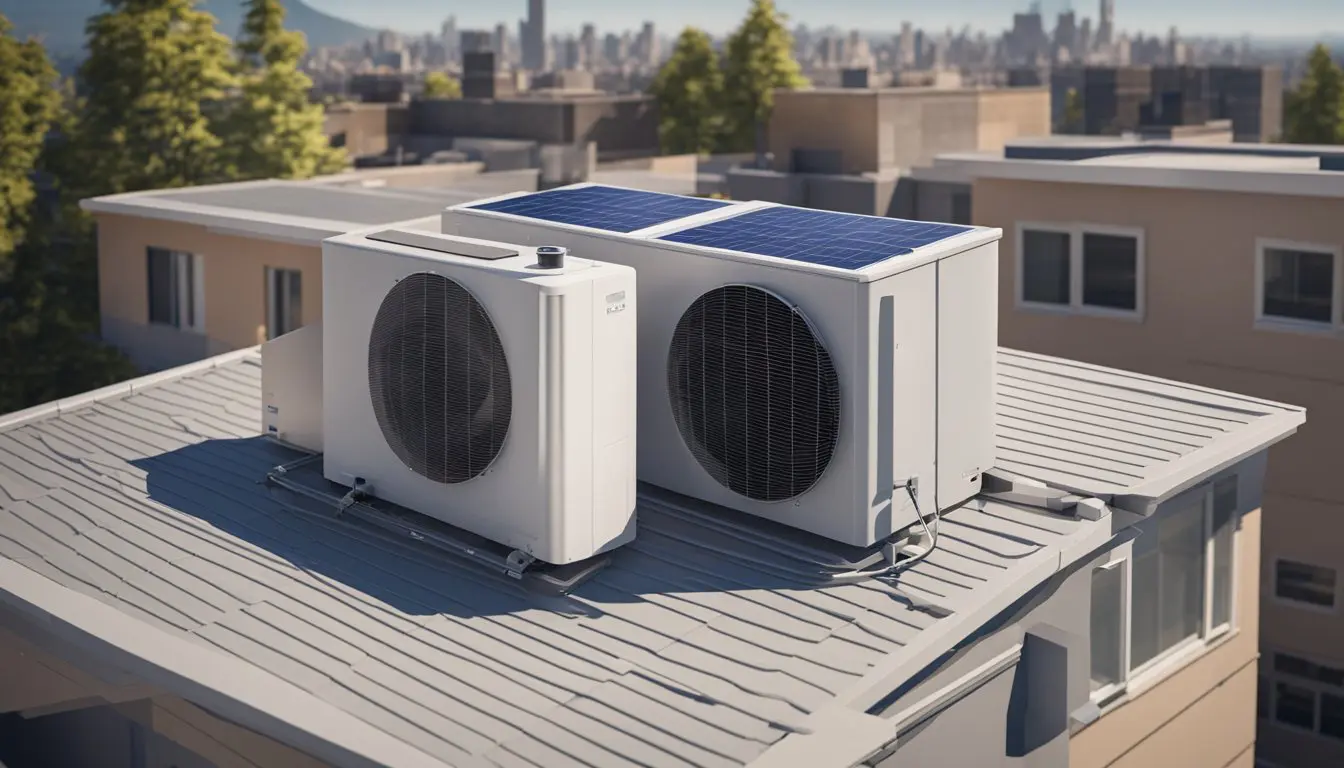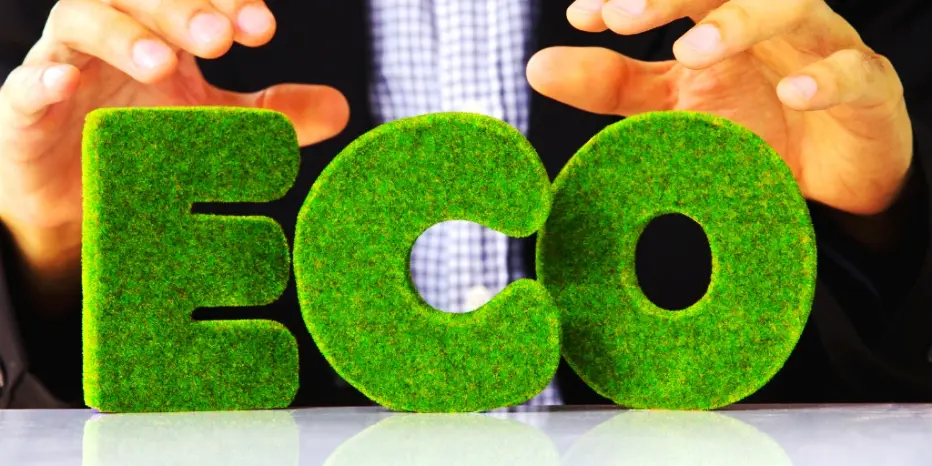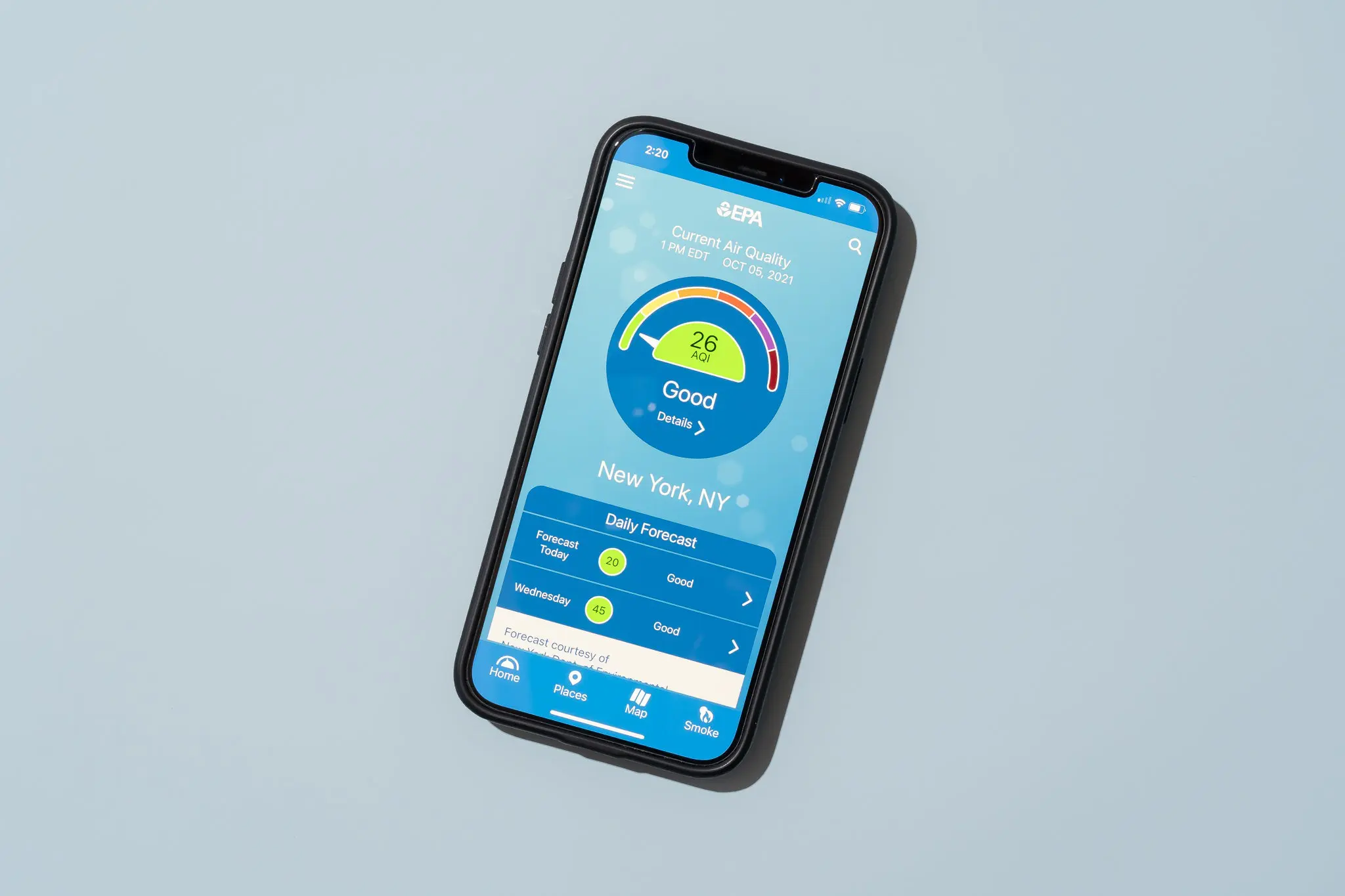
As the world continues to prioritise sustainability and energy efficiency, air conditioning technology is evolving at a rapid pace. With the rising demand for comfort in both residential and commercial spaces, innovative solutions are emerging that promise to transform the way we cool our environments.
From smart integrations to eco-friendly refrigerants, the future of air conditioning holds exciting advancements. Here’s a closer look at some of the emerging technologies you’ll want to watch.
Solar-Powered Air Conditioning Systems

One of the most promising developments in air conditioning is the integration of solar power. As renewable energy becomes more accessible and cost-effective, solar-powered air conditioning systems are gaining traction. These systems harness the sun’s energy to power air conditioners, reducing reliance on grid electricity and lowering overall energy costs.
Solar-powered air conditioning is particularly appealing in Australia, where abundant sunlight provides the perfect conditions for sustainable energy solutions. These systems not only benefit the environment but also help homeowners save on energy bills.
As solar technology improves, we can expect more efficient and affordable solar-powered air conditioning systems in the near future.
Smart Air Conditioning Integrations
The rise of smart home technology is transforming how we manage our household appliances, and air conditioning systems are no exception. Smart air conditioners, equipped with Wi-Fi and integrated with voice-activated systems like Google Assistant and Amazon Alexa, allow users to control their cooling units remotely via smartphone apps.
Imagine being able to turn on your air conditioner before you arrive home or adjust the temperature of different rooms from anywhere in the world.
These systems can even learn your preferences over time, automatically adjusting settings to optimise comfort and energy efficiency.
The integration of artificial intelligence (AI) into air conditioning systems is set to make cooling smarter, more intuitive, and more energy-efficient than ever before.
Eco-Friendly Refrigerants

Traditional refrigerants used in air conditioning systems, such as hydrofluorocarbons (HFCs), are known for their high global warming potential (GWP). With increasing awareness of climate change, the air conditioning industry is shifting towards eco-friendly refrigerants that have a lower environmental impact.
New refrigerants like hydrofluoroolefins (HFOs) have a much lower GWP compared to their predecessors and are becoming the preferred choice for modern air conditioners.
These eco-friendly alternatives significantly reduce the carbon footprint of cooling systems while maintaining high performance and efficiency.
In the future, regulations and consumer preferences are expected to push manufacturers to phase out harmful refrigerants in favour of greener options.
Hybrid Systems for Year-Round Comfort
The future of air conditioning isn’t just about cooling – it’s about maintaining optimal indoor environments year-round. Hybrid air conditioning systems that can provide both heating and cooling are gaining popularity for their versatility and energy efficiency.
These systems utilise advanced heat pump technology to provide warmth in winter and cooling in summer, all while consuming less energy than traditional systems.
For example, a Brivis split system is an excellent choice for homeowners looking for a reliable and efficient air conditioning solution that can adapt to changing seasonal needs. Combining advanced technology with ease of use, systems like these are leading the way towards more energy-efficient, all-season comfort.
Advanced Air Filtration and Air Quality Monitoring

As concerns over indoor air quality rise, future air conditioning systems are expected to incorporate more sophisticated air filtration technologies. With the ability to filter out pollutants, allergens, and even harmful bacteria and viruses, air conditioners of the future will play a crucial role in maintaining healthy indoor environments.
Additionally, air quality monitoring systems will be integrated into air conditioners, providing real-time data on the quality of the air in your home or office. These systems will automatically adjust airflow and filtration based on detected pollutants, ensuring that the air you breathe is always clean and safe.
Energy Efficiency and Smart Grid Integration
The trend towards energy efficiency is set to continue as air conditioning systems become smarter and more connected. Future systems will be designed to work seamlessly with smart grids, enabling them to adjust power consumption based on peak and off-peak electricity rates.
This could lead to significant savings on energy bills while reducing strain on the power grid during high-demand periods.
Moreover, energy-efficient systems that exceed current regulatory standards will become the norm. This includes improvements in the efficiency of compressors, fans, and heat exchangers, as well as more effective insulation materials that minimise energy loss.
The future of air conditioning is bright, with new technologies set to revolutionise the way we cool and heat our homes
From solar-powered systems and smart integrations to eco-friendly refrigerants and advanced air quality control, these emerging trends promise to deliver greater comfort, energy efficiency, and sustainability.
The air conditioning industry is embracing a future that prioritises environmental responsibility and cutting-edge technology. As these advancements continue to evolve, we can expect air conditioning systems to become smarter, greener, and more efficient, creating a more sustainable and comfortable world for all.













